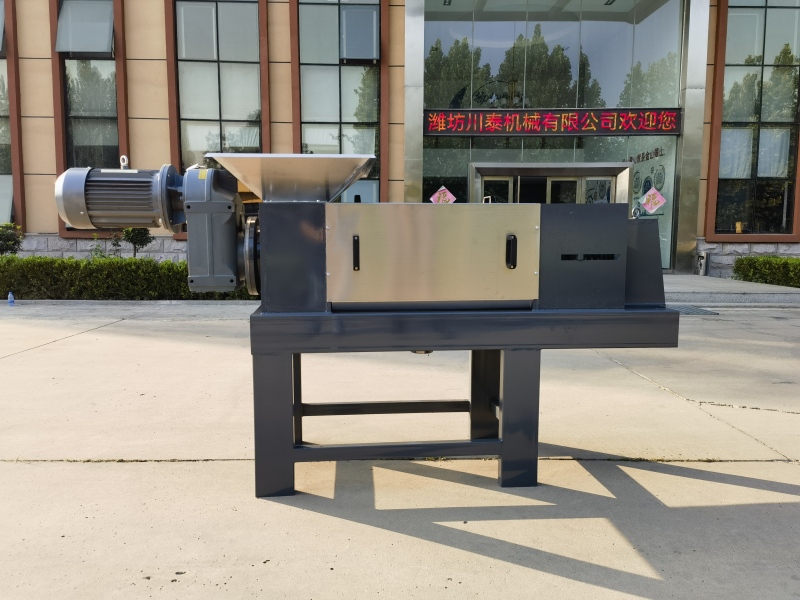
In the pursuit of sustainable waste management practices, the utilization of waste vegetable dehydrator machines has emerged as a promising solution. These innovative machines play a crucial role in reducing environmental impact by efficiently processing and dehydrating waste vegetables, transforming them into valuable resources.
Features and Functionality:
Waste vegetable dehydrator machines are equipped with advanced features designed to handle various types of vegetable waste. The primary function involves removing moisture content from the waste, significantly reducing its volume and weight. This dehydration process not only minimizes transportation costs but also extends the shelf life of the waste material.
Key features of waste vegetable dehydrators include:
High Efficiency: Utilizing cutting-edge technology, these machines can dehydrate large quantities of vegetable waste in a relatively short period, ensuring high efficiency in waste processing.
Variable Capacity: Waste dehydrators come in different capacities to accommodate the needs of various facilities, from small-scale operations to large industrial settings.
Energy-Efficient: Many modern dehydrator models are designed to be energy-efficient, incorporating technologies such as heat recovery systems and insulation to minimize energy consumption.
User-Friendly Operation: The user interface is often intuitive, allowing operators to easily control and monitor the dehydration process. Automation features further enhance ease of use.
Environmental Benefits:
Reduction in Landfill Waste: By significantly reducing the volume of vegetable waste through dehydration, these machines contribute to a substantial decrease in landfill usage.
Lower Greenhouse Gas Emissions: Traditional methods of disposing of vegetable waste, such as open-air decomposition, can produce methane, a potent greenhouse gas. Dehydration minimizes these emissions by accelerating the decomposition process in a controlled environment.
Production of Useful Byproducts: The dehydrated vegetable waste can be repurposed into valuable byproducts such as organic fertilizers, animal feed, or biomass for energy generation, contributing to a circular economy.
Applications:
Waste vegetable dehydrator machines find applications in a variety of settings, including:
Food Processing Facilities: Dehydrators play a crucial role in managing vegetable waste generated during food processing, ensuring a more sustainable and cost-effective waste disposal method.
Agricultural Operations: Farms and agricultural facilities can benefit from these machines by efficiently managing surplus or damaged vegetables, converting them into valuable resources for the agricultural sector.
Municipal Waste Management: Cities and municipalities can integrate waste vegetable dehydrators into their waste management systems to reduce the environmental impact of organic waste and promote a more sustainable waste disposal strategy.
Conclusion:
Waste vegetable dehydrator machines represent a significant step towards achieving sustainable waste management goals. Their ability to efficiently process vegetable waste while producing valuable byproducts contributes to environmental conservation and resource optimization. As industries and communities continue to prioritize sustainability, the adoption of these innovative machines is poised to grow, fostering a greener and more eco-friendly approach to waste management.




If your company wants to establish a business relationship with us, please briefly describe the cooperation intention and send an email to:chuantaiscrewpress@gmail.com























































































![[list:title]](/static/upload/image/20240528/1716877114510915.jpg)